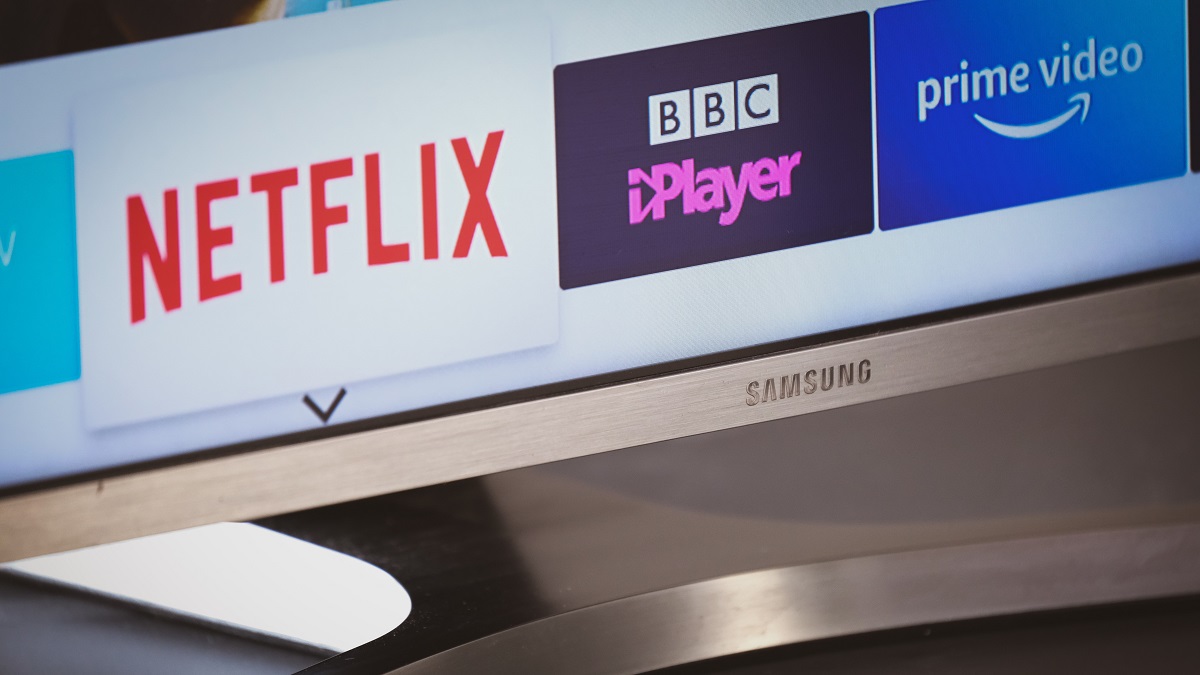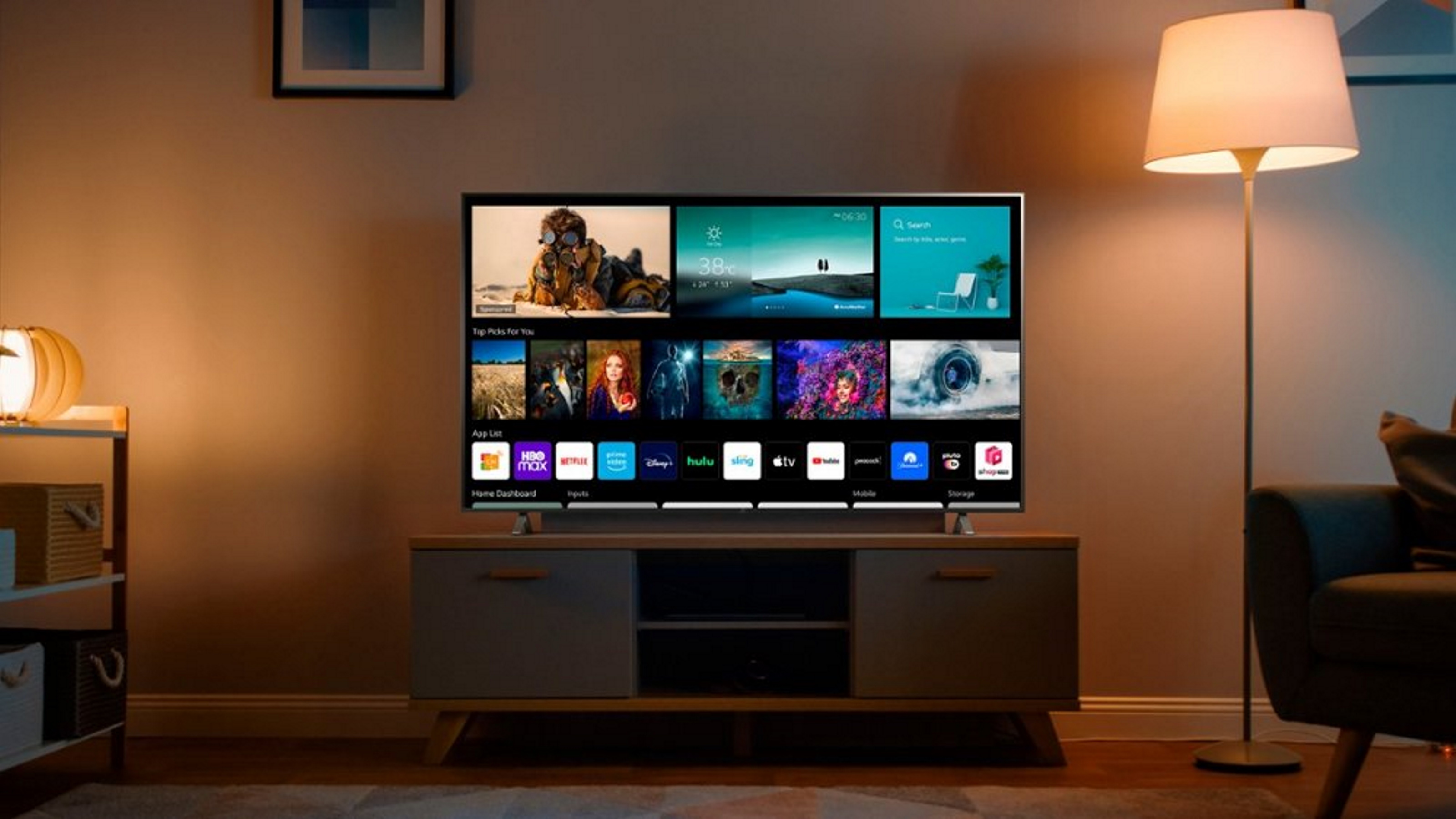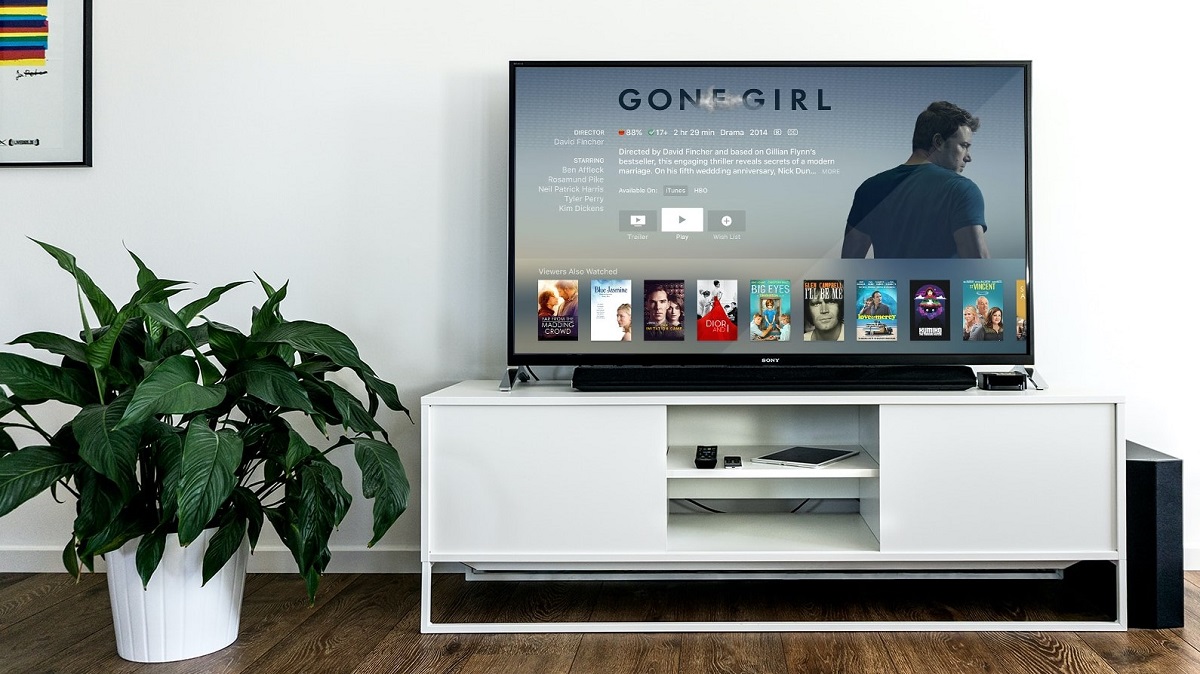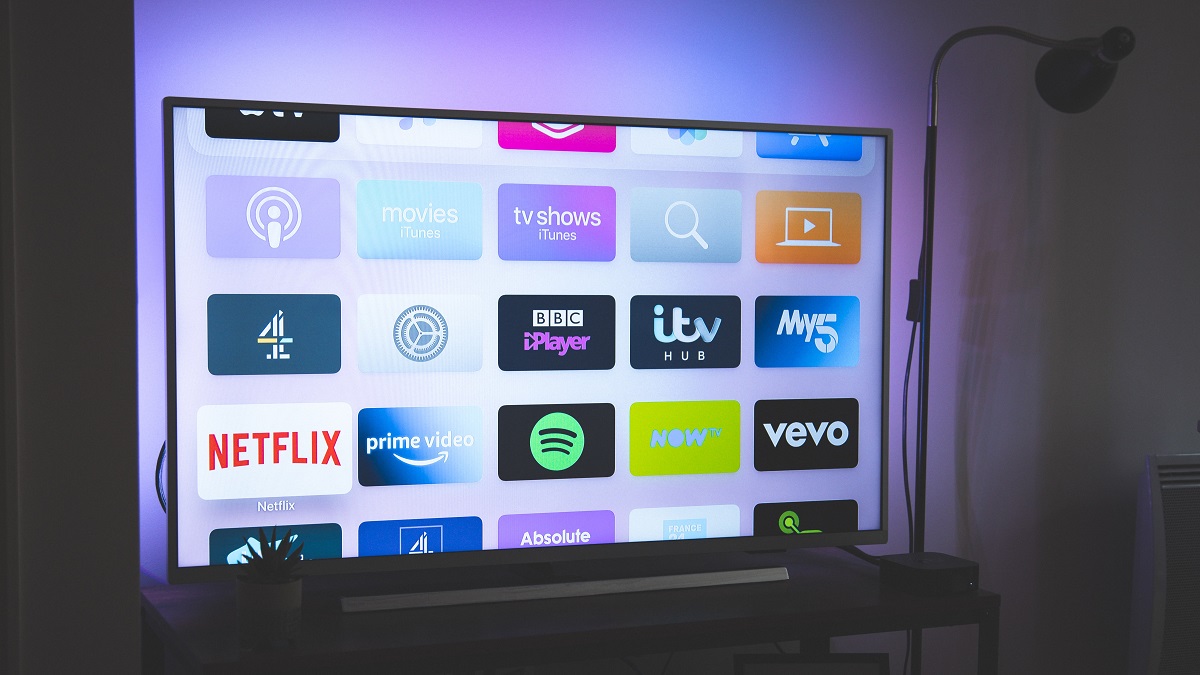In your smart TV spying on you? This is what data your TV collects and how can you make it more private
Smart TVs may come with all the apps you’ll ever need, but that convenience comes with a price


Like most modern technology in an age where data is extremely valuable, smart TVs are a compromise.
The benefits are obvious. Out of the box, your new TV comes with dozens of apps to bring the best TV and movies instantly to your living room. The best TV brands can download updates to improve functionality, and it may even have a microphone and camera, for video calls and to let you search for programmes with your voice, rather than awkwardly stabbing at the remote.
But there’s a dark side to this. Smart TVs have been proven to send data back to app makers and TV manufacturers, which makes some users deeply uncomfortable.
This may just be used for personalization — which theoretically is a benefit, as it makes it easier to find shows you’ll like. But it could also be used for targeted adverts, or your data could be sold onto third parties.
What data do smart TVs collect?

This varies between companies, brands and versions of the TV.
But in general, smart TVs are capable of collecting usage data on how, when and what you use them for, as well as the media you actually consume through something called ACR (more on that later).
What the companies do with this data also varies, and it’s extremely opaque. It may just be used to refine the software, making your TV easier to use, or it might be to make the experience more personalized.
The Livingetc newsletters are your inside source for what’s shaping interiors now - and what’s next. Discover trend forecasts, smart style ideas, and curated shopping inspiration that brings design to life. Subscribe today and stay ahead of the curve.
Alternatively, it could be used to learn more about you, so it can figure out which adverts that will appeal. A 2019 study found that TVs and smart devices were sending data to Google’s ad business and to Netflix — even for people who didn’t use Netflix.
It’s worth noting that this data is usually anonymized or semi-anonymized which companies will say means it poses no threat to individual privacy.
But previous investigations have shown that even anonymized users can be fingerprinted with enough data — especially if multiple devices are tracking behavior for cross checking.
What can you do about it?

Buy a non-smart TV
Easier said than done, this. If you’ve been television shopping lately, you’ll know that almost all of them have smart functionality built in.
As image and sound quality have come on in leaps and bounds in the decade since smart TVs became a thing, if you opt for something older, you’ll likely be selling yourself short.
If you want a modern ‘dumb’ TV, you’ll generally be looking at lesser-known brands like Sceptre, Supersonic and Caixun. And this comes with compromises of its own: expect lower resolution and smaller screen sizes, generally speaking.
Turn off as much data collection as you can
With a smart TV, there are steps you can take to limit the privacy violations, though the precise things you can do and how to do them vary from brand to brand.
Go through the settings with a fine-tooth comb. Opt out of all advertising features, turn off personalization wherever possible, and in particular look out for something called “ACR”.
“ACR” stands for “Automatic Content Recognition” and is best thought of as like Shezam for visual content. In short, it tries to identify every show you play, whether it’s via cable, satellite, streaming services or even physical media. Consumer Reports has a guide to how it can be disabled on TVs from various manufacturers, as it’s often hidden away deep in the settings.
These settings can be deliberately well-hidden and/or given misleading, innocuous-sounding names. If in doubt, do a Google search for your TV’s model number and keywords like “privacy settings”, “camera” and “microphone.”
Finally, remember that if you have a TV with a built-in camera that you don’t use, there’s nothing stopping you from physically covering it. Some black tape will do the job, even if it looks a little unsightly.
Block the spying traffic
This one requires a bit of technical know-how. But if you have the inclination, a Raspberry Pi can act as a filter on your router, blocking malicious traffic, ad networks and online surveillance across your network — including your smart TV.
It requires a bit of time and knowledge, but the official Raspberry Pi website has a tutorial on how to do it here.
The nuclear option: turn off Wi-Fi
There’s one thing you can do that’ll cut the spying off at the source: turn off your TV’s internet. If it can’t connect to Wi-Fi, it can’t send or receive data, and your privacy is secured.
Of course, it’s not quite that simple, or we’d have led with it. Turn off your TV’s Wi-Fi and you’ll lose access to your streaming apps, and given that’s where most of the must-watch content is nowadays, it doesn’t seem an especially satisfactory compromise.

My solution is, at best, a halfway measure. My TV’s Wi-Fi disabled months ago, meaning it no longer shows me ads and can’t track my watching habits.
Instead, I use Apple TV 4K for my streaming needs, and I’ve found it runs smoother and better than the default smart TV OS by some distance.
Isn’t that just moving the problem, rather than solving it? Maybe, but Apple makes a big deal about its commitment to privacy, and the device is reassuringly expensive, suggesting it’s not subsidized by data sales like some suspiciously cheap streaming devices.
Of course, the individual streaming apps can still track me, from Netflix to Disney Plus. But it still feels a lot more private than what I had before — and for me, that’s enough, making the best of a bad privacy lot. Your mileage may vary.

Freelance contributor Alan has been writing about tech for over a decade, covering phones, drones and everything in between. Previously Deputy Editor of tech site Alphr, his words are found all over the web and in the occasional magazine too. He often writes for T3 and Tom's Guide. When not weighing up the pros and cons of the latest smartwatch, you'll probably find him tackling his ever-growing games backlog. Or, more likely, playing Spelunky for the millionth time.